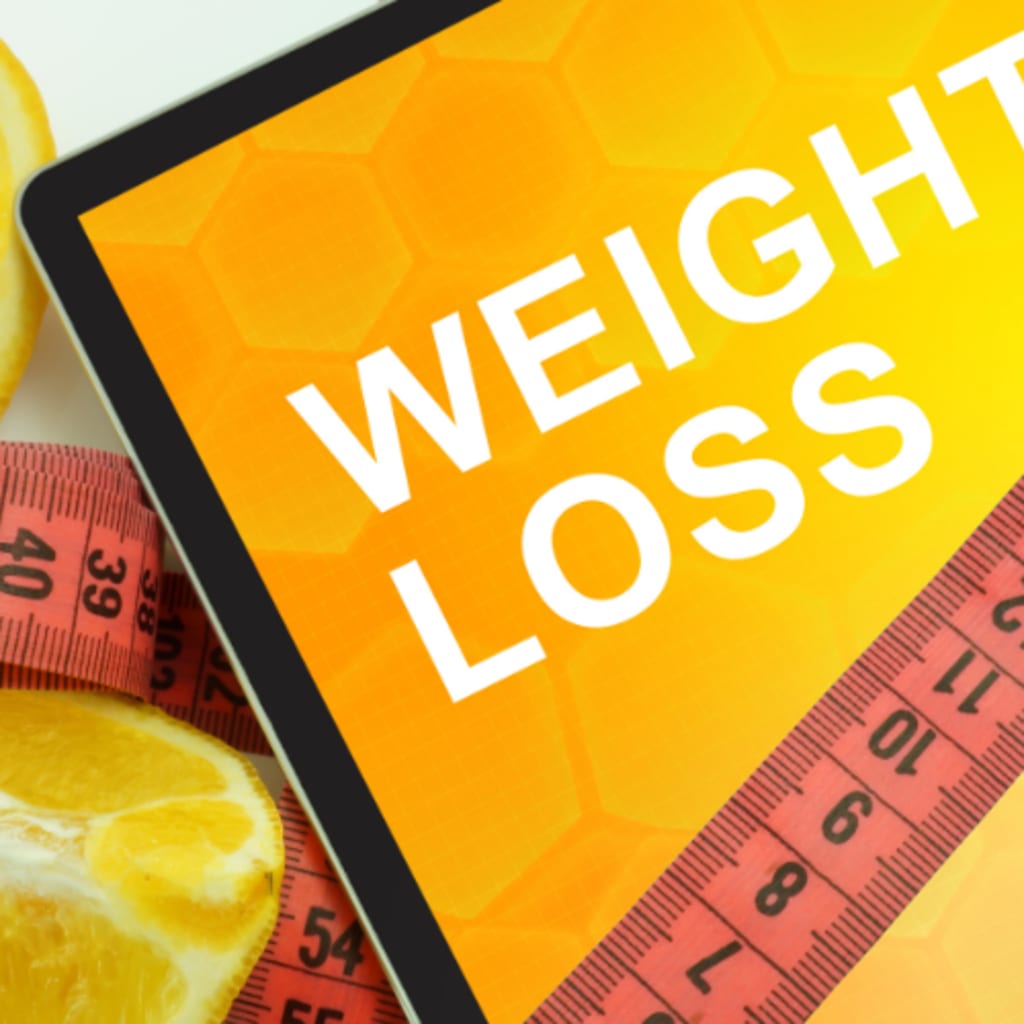Weight Loss
Which one is better for losing weight,oats or cornflakes? why?

Oats vs Corn Flakes
If you’re trying to lose some pounds, then choosing between oatmeal and cornflakes may seem like a no-brainer. Both foods are equally packed with carbs and calories, and both are known to help increase satiety and prevent hunger pangs after eating them. But they have different effects on our body – and how we feel after eating them. So, what exactly makes these two superfoods so different?
Is Oatmeal Better Than Cornflakes?
When looking at food options, many people tend to gravitate toward highly processed, packaged foods containing ingredients like refined sugar and flour. While these “superfoods” might sound good, experts say that’s not necessarily a wise choice. In fact, according to registered dietitian Kristine Rosellini, M.S., R.D., people who eat a lot of highly processed foods often end up feeling bloated and unsatisfied afterward. She says people don’t realize that the way their food is prepared can make a big difference. To get the best results from your diet, you should opt for whole grains instead of those with added oils and fats. Whole grains are simply intact grains — like wheat, oat, brown rice, barley, quinoa, and others — without any processing, including bleaching or refining. These provide fiber, vitamins, minerals, and antioxidants, which aid in digestion and maintain intestinal tract health.
Cornflakes, however, aren’t nearly as nutritious as whole grains. They’re missing fiber and certain vitamins and minerals, including iron, vitamin B6, zinc, and niacin. Plus, they’re high in saturated fat and sodium. So if you want to lose weight while keeping your gut healthy, choose the right grain. If you really want to add sweetness to your morning meal, sprinkle cinnamon on top of your bowl of cereal. You won’t even notice the extra sweet taste.
Why is Oatmeal Good for Weight Loss?
The first thing you need to know about oatmeal is that it’s loaded with soluble fiber, which helps keep your digestive system working well. Soluble fiber binds water, and therefore adds bulk to your stool. But it doesn’t cause constipation because it passes easily through your intestines. As a result, oatmeal could actually improve your regularity. That’s because insoluble fiber, which is present in raw potato starch, can cause you to experience frequent bowel movements. Insoluble fiber can also interfere with the movement of food through your digestive tract, causing bloating and gas. When you eat oatmeal for breakfast, the slow release of carbohydrates means you won’t experience a huge spike in blood sugar levels. This in turn keeps insulin levels low, helping you to avoid cravings between meals. Last but certainly not least, oatmeal contains lots of protein. Protein helps build muscle mass, burns stored fat and promotes the repair of damaged tissue. Studies show that consuming more than 25 grams of protein per day may boost satiety, making it easier to control calorie intake.
Cornflakes are also packed with protein, but only 7 grams of the 23 grams in 1/4 cup (30 grams) of cornflakes provide you with 10 percent of your daily recommended dose. Another benefit of eating oatmeal is that it provides you with much less salt than cornflakes do. One serving of oatmeal contains about 2 milligrams of sodium. However, one serving of cornflakes packs in 521 mg of salt. This is more than three times higher than the amount of salt that’s recommended to consume each week.
Another major benefit of eating oatmeal over cornflakes is that it takes longer to digest. Compared to cornflakes, oatmeal requires 45 minutes before your blood sugar level starts rising, compared to 30 minutes for cornflakes.
Is Cornflakes Better for Weight Loss?
While both oatmeal and cornflakes are packed with nutrition, cornflakes definitely win out when it comes to weight loss. A single serving of cornflakes provides 607 calories and 26 grams of carbohydrates, while one serving of oatmeal provides only 288 calories and 12 grams of carbohydrates.
Despite its lower caloric content, oatmeal is still considered a heart-healthy food thanks to the abundance of dietary fiber it contains. According to USDA guidelines, adults should aim to eat 35 grams of fiber a day. Not only does oatmeal offer 8 grams of fiber, but it also offers 9 grams of protein. More importantly, a recent study published in the Journal of Nutrition showed that individuals who ate five servings of fruit and vegetables per day lost more weight than those who ate just four servings.
With similar benefits and fewer calories, cornflakes are the healthier option over oatmeal for weight loss. However, if you prefer not to mix things up in the morning, consider swapping out your old-fashioned cornflakes for Fiber One Original bran cereal. Each serving of Fiber One Original bran contains 20 grams of carbohydrates and 4 grams of fiber. And unlike traditional cornflakes, Fiber One Original bran doesn’t contain any hydrogenated oil or partially hydrogenated oil, trans fats, sugar, or artificial colors.
About the Creator
Steven Smith
Hello everyone, I’m health, fitness couch and I would like to help achieving your personal life goal.
Enjoyed the story? Support the Creator.
Subscribe for free to receive all their stories in your feed. You could also pledge your support or give them a one-off tip, letting them know you appreciate their work.






Comments
There are no comments for this story
Be the first to respond and start the conversation.